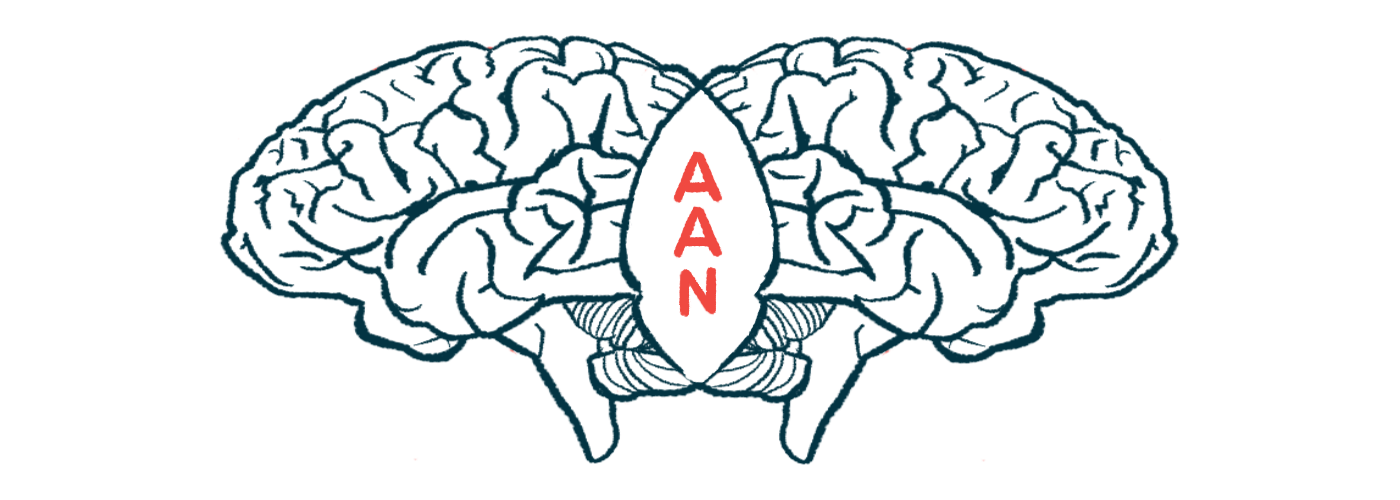#AAN2022 – More Patients Given Ublituximab Relapse-free in Trials
Written by |

More relapsing multiple sclerosis (MS) patients given ublituximab remained relapse-free over the two-year long Phase 3 ULTIMATE clinical trials, compared to those given Aubagio (teriflunomide), new data show.
“The prevention of relapses represents an important goal of disease-modifying therapy with the potential for a marked impact on the accumulation of disability,” Lawrence Steinman, MD, a professor at Stanford University, and the global chair for the ULTIMATE studies, said at the virtual American Academy of Neurology 2022 Annual Meeting.
“Both the time to first confirmed relapse and the proportion of patients with a confirmed relapse during treatment were reduced with ublituximab versus teriflunomide in both studies,” said Steinman, who has served as a paid consultant for TG Therapeutics, the company developing ublituximab.
Steinman’s talk was titled, “Relapse Rate and Time to First Relapse Were Improved With Ublituximab vs Teriflunomide in the Phase 3 ULTIMATE I and ULTIMATE II Studies in Patients With Relapsing Multiple Sclerosis (RMS).”
“We were excited to have Dr. Steinman present during an oral session at AAN, additional relapse data from the ULTIMATE I and II trials,” Michael S. Weiss, chairman and CEO of TG, said in a press release. “It is encouraging that both the time to first confirmed relapsed, and the proportion of patients who experienced a confirmed relapse were reduced with ublituximab treatment as compared to teriflunomide.”
Ublituximab is an investigational anti-CD20 monoclonal antibody that works by depleting immune cells involved in disease-driving inflammation in MS. The experimental medication is currently up for approval in the U.S. as a potential treatment for relapsing forms of MS, with a decision expected in late September.
TG sponsored two Phase 3 clinical trials, called ULTIMATE 1 (NCT03277261) and ULTIMATE 2 (NCT03277248), which collectively enrolled 1,094 people with relapsing MS — around 98% had relapsing-remitting MS, while the rest had active secondary progressive disease.
Participants were treated with ublituximab or Aubagio, an approved MS treatment sold by Sanofi Genzyme, for 96 weeks (about two years).
Results from the twin studies showed ublituximab outperformed Aubagio at lowering relapse rates, preventing disability progression, and reducing brain lesions.
Also, the cumulative risk of a first relapse was significantly reduced with ublituximab compared to Aubagio – by 50% in ULTIMATE 1 and 57% in ULTIMATE 2.
“The cumulative probability of relapse was twice in the teriflunomide arm what it was … in the ublituximab arm, over the 96 weeks of the trial. Said differently, half as many patients in the ublituximab arm relapsed at any point in time compared with the teriflunomide arm,” Steinman said.
Results also showed that more participants given ublituximab than placebo were free of relapses after 96 weeks: 86.7% vs. 75.2% in ULTIMATE 1 and 87.5% vs. 73.5% in ULTIMATE 2.
The presence of actively inflamed brain lesions at the trial’s start was not significantly associated with relapse risk. Prior treatments also showed no association with relapse risk. Safety data from the trials have generally been in line with what is expected for an anti-CD20 monoclonal antibody treatment.
Note: The Multiple Sclerosis News Today team is providing coverage of the American Academy of Neurology (AAN) 2022 Annual Meeting. Go here to see the latest stories from the conference.
